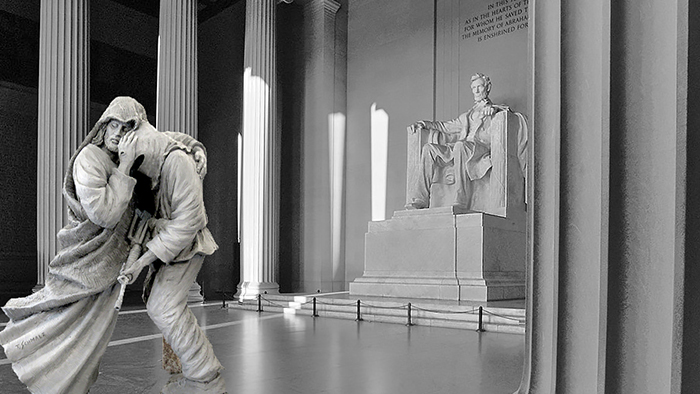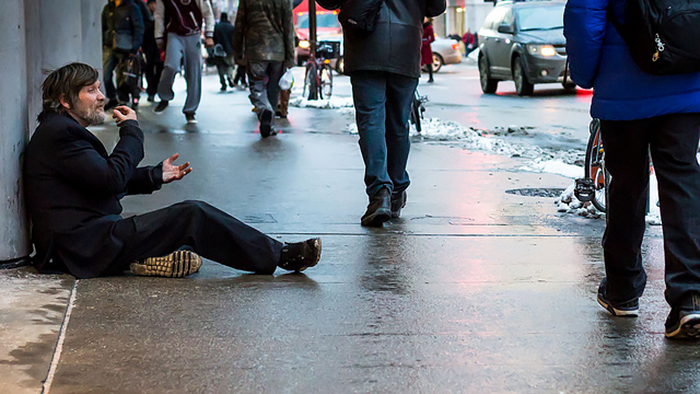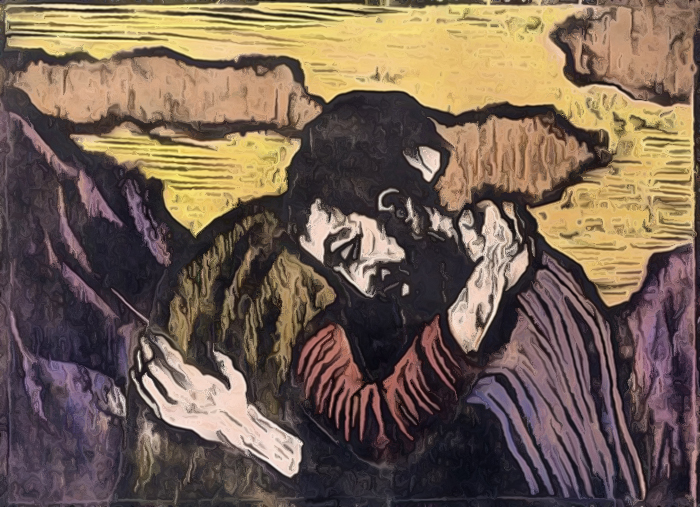
The Our Father or Lord’s Prayer is, without any doubt, the most commented-on passage in all of Holy Scripture. Though important, the words of Jesus’ prayer are only some of the essential things. His presence with us is the beginning of prayer; our presence with him is the goal of prayer. The early Christians, taught by the precepts of salvation and following the divine commandment, centered their prayer on this sublime and simple form of words given to them by Jesus. St. John Paul II, writing in “Go in Peace,” says, “Prayer is not simply one occupation among many, but is at the center of our life in Christ. It turns our attention away from ourselves and directs it to the Lord. Prayer fills the mind with truth and gives hope to the heart. Without a deep experience of prayer, growth in the moral life will be shallow. Prayer is the bond that most effectively unites us all. It is through prayer that believers meet one another at a level where inequalities, misunderstandings, bitterness, and hostility are overcome, namely, before God. Prayer is the authentic expression of a right relationship with God and with others.” The Our Father is a prayer that fills us with hope and consolation. Jesus fully realized how helpful this prayer would be to us. We are grateful to him for giving it to us, to the apostles for passing it on to us, and, in the case of most Christians, to our mothers for teaching it to us in our infancy. St Augustine says that the Lord’s Prayer is so perfect that it sums up everything man needs to ask God for in a few words. Let us, therefore, humbly petition the Lord with this prayer as we begin each day.









